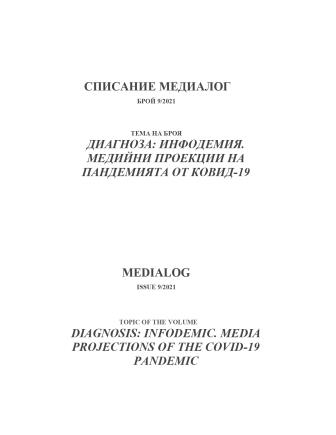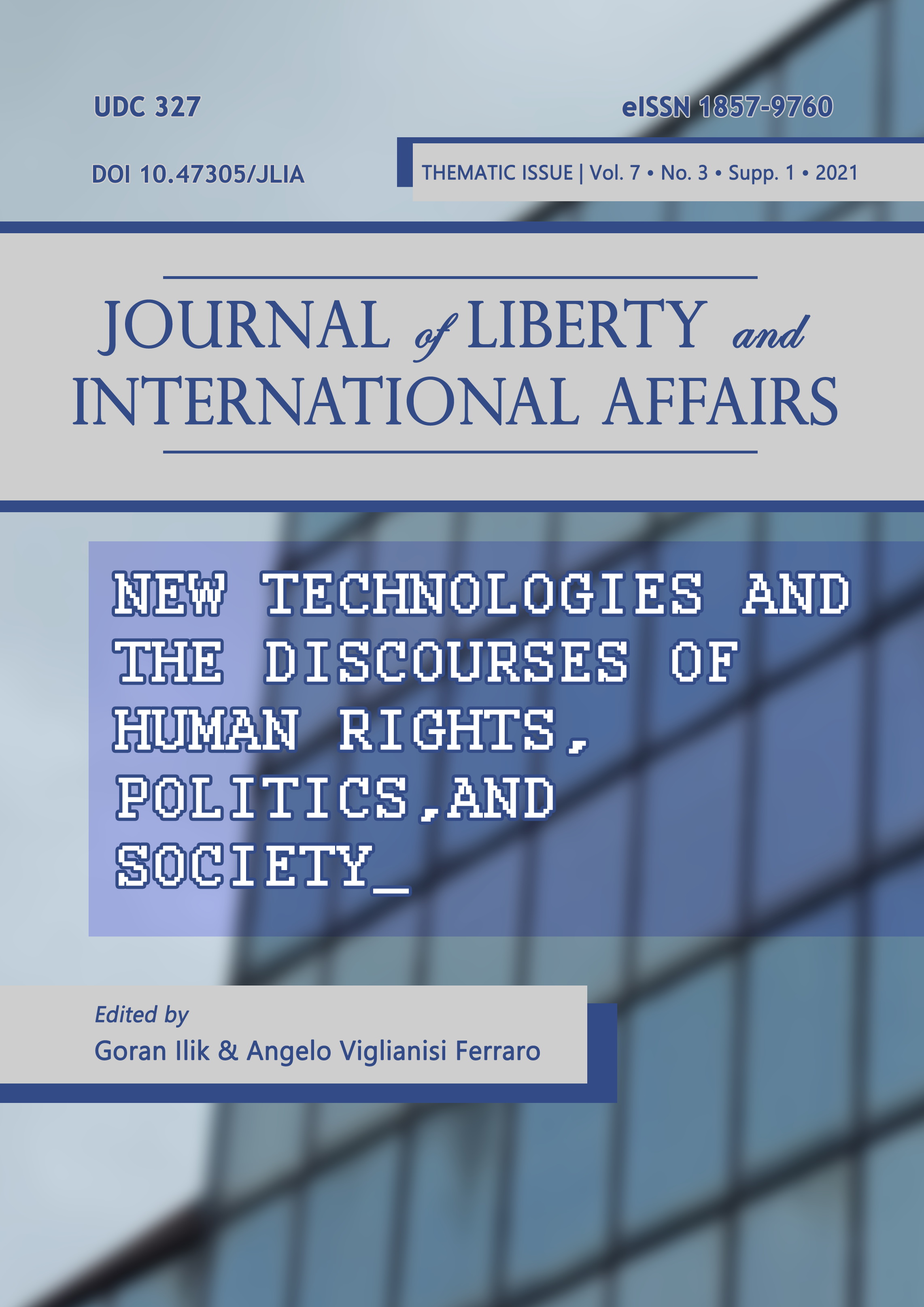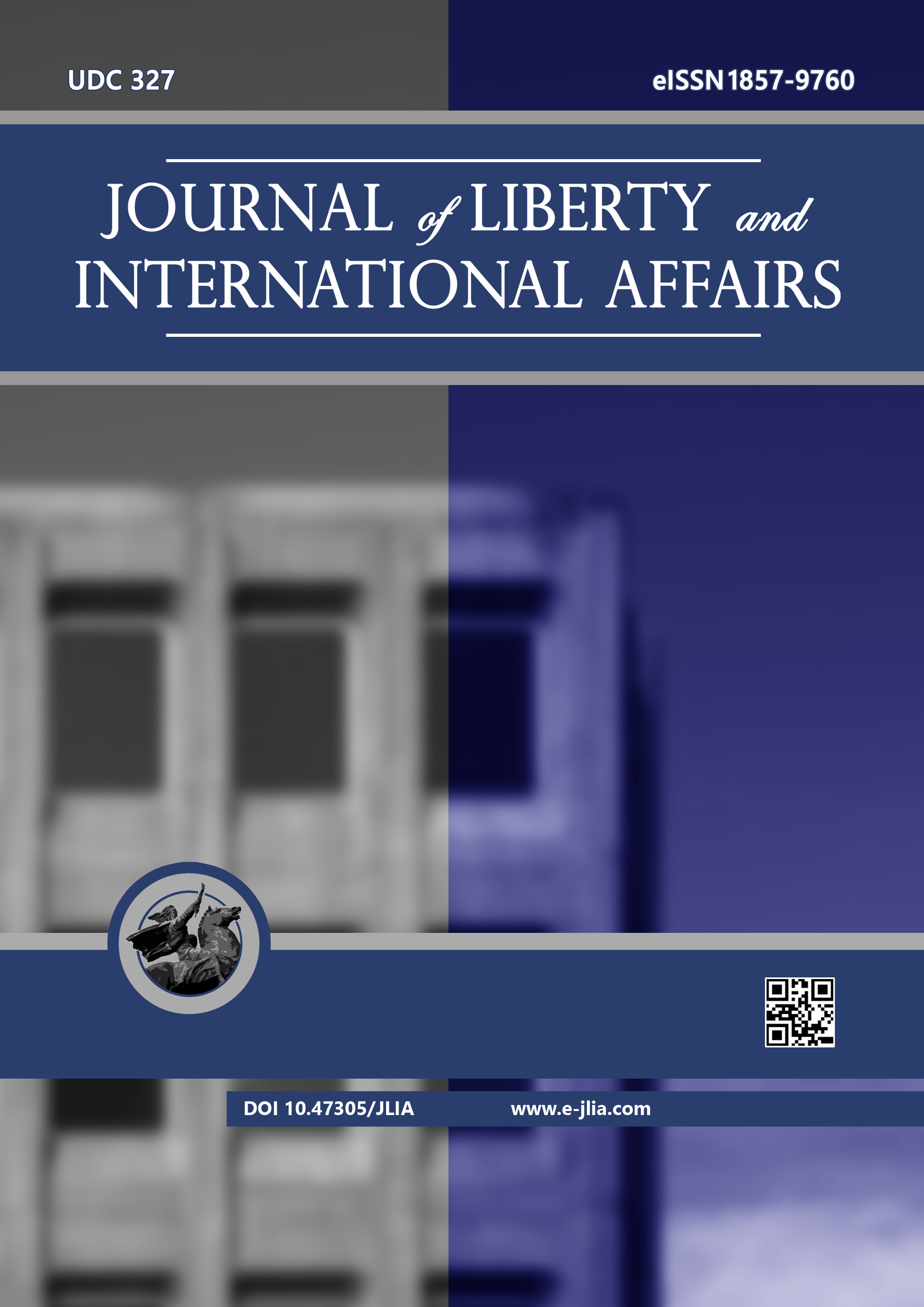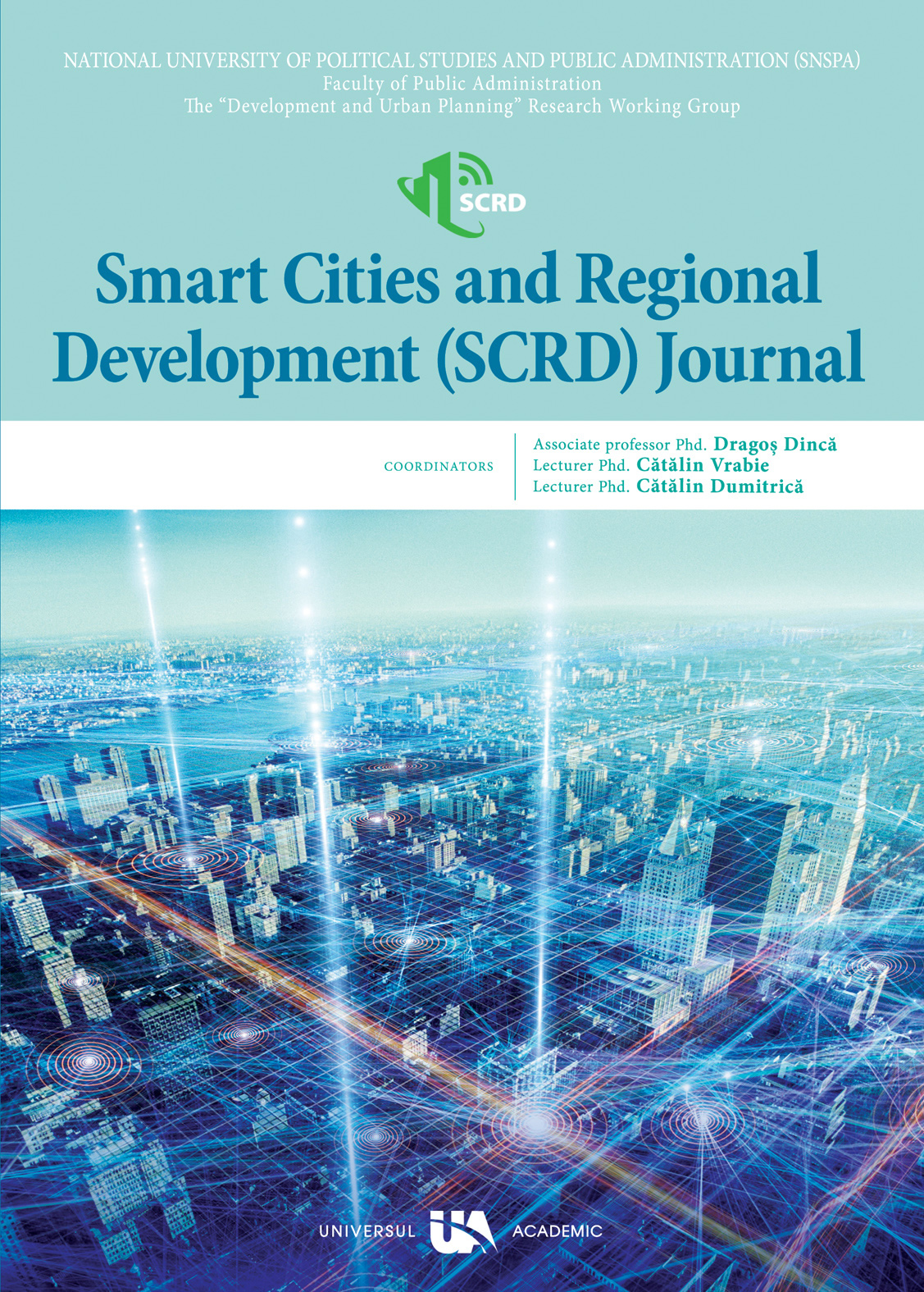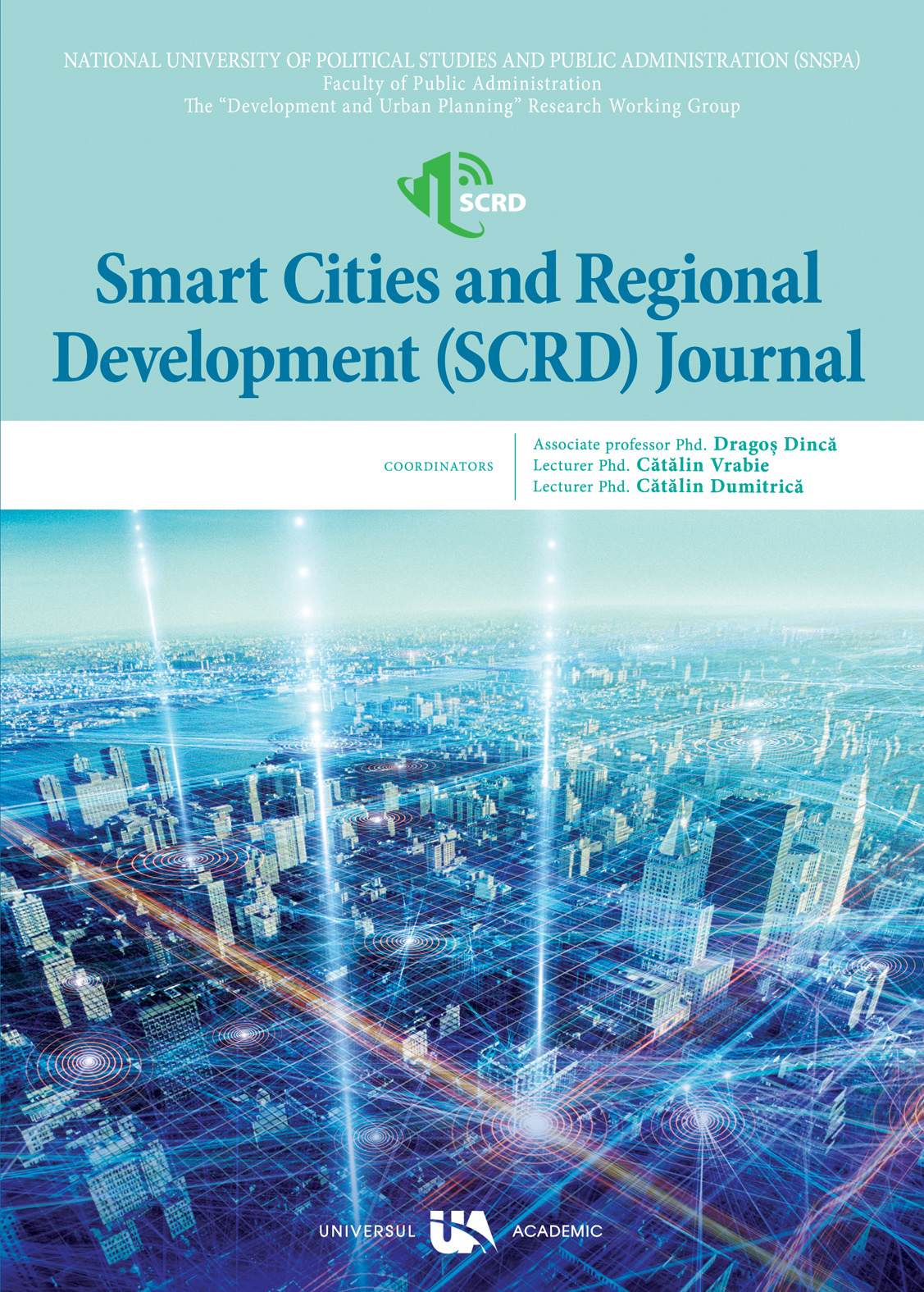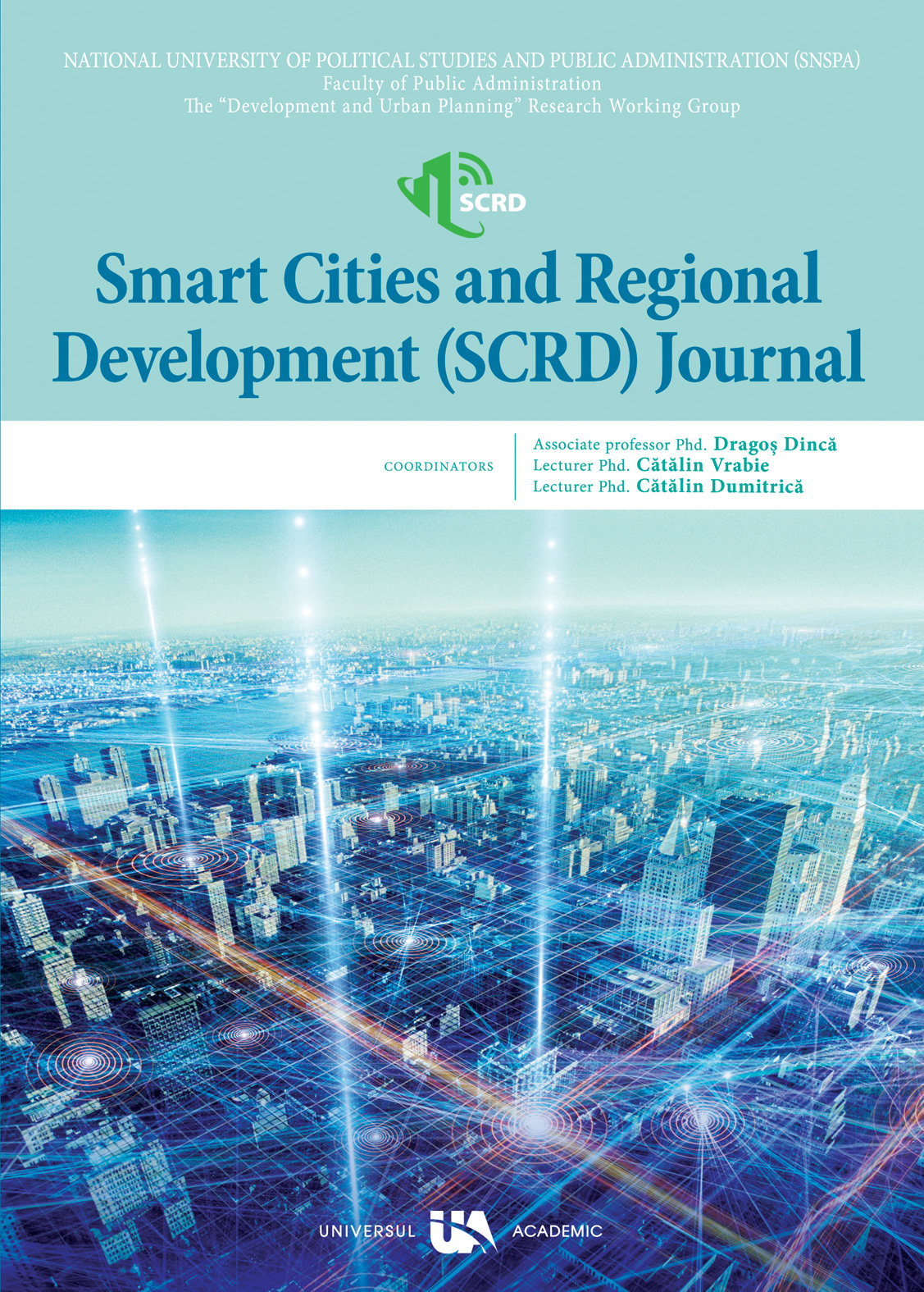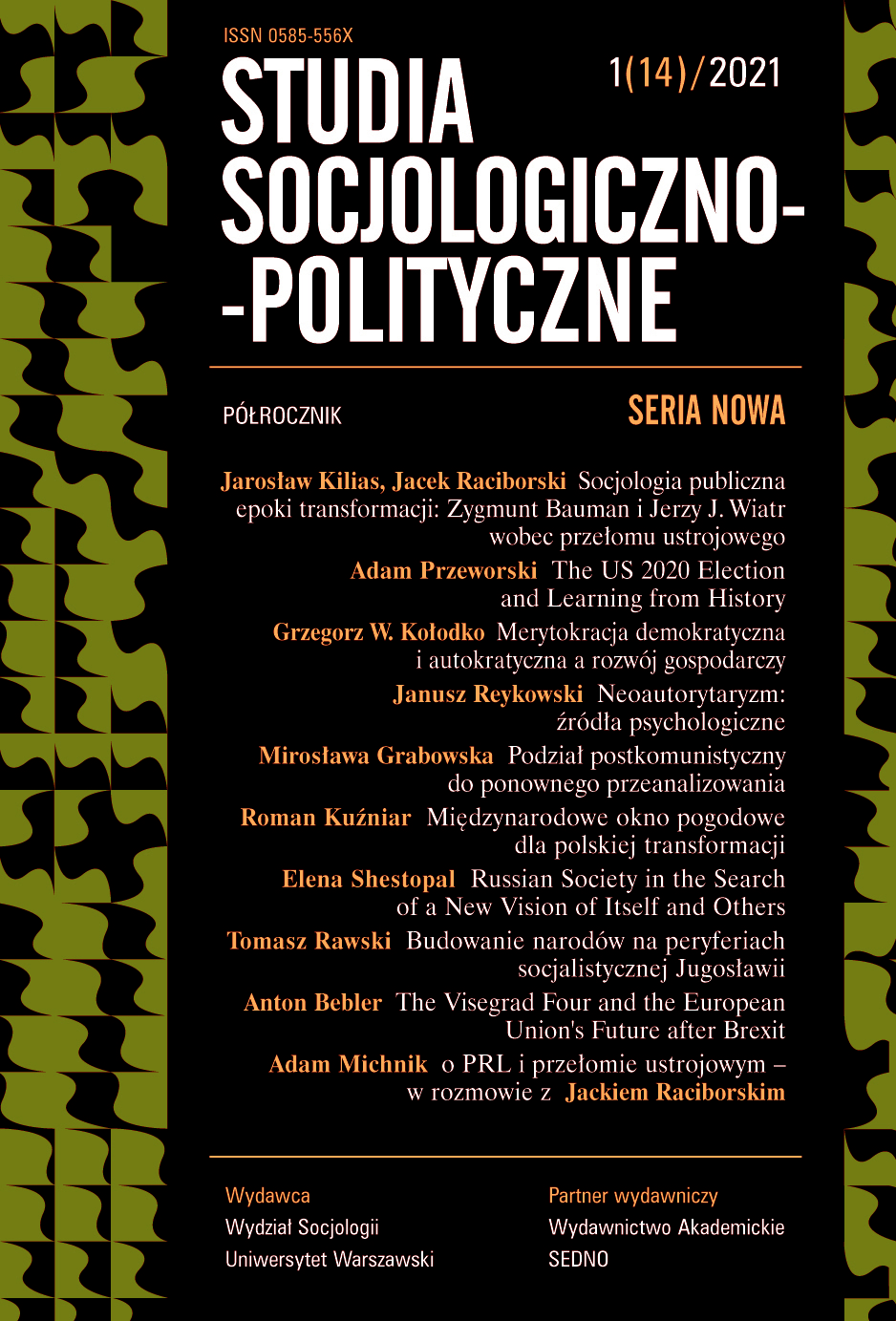
Socjologia publiczna epoki transformacji: Zygmunt Bauman i Jerzy J. Wiatr wobec przełomu ustrojowego
The paper deals with the public sociologists of the former Julian Hochfeld’s circle in the time of the political system change in Poland. Among the sociologists of that school Jerzy J. Wiatr played the most important role as both a traditional and an integral public sociologist involved in the Left-wing party politics. The paper depicts his activities as a public intellectual who became an eminent political leader, as well as his work as a social and political analyst. The paper confronts his vision of the political system change, as presented in the writings of the 1989–1991 period, with the work of another eminent sociologist of that school, Zygmunt Bauman. The latter did not play any political role and was much less involved in commenting the political change that was happening at that time, being a lot more skeptical about its result.
More...

